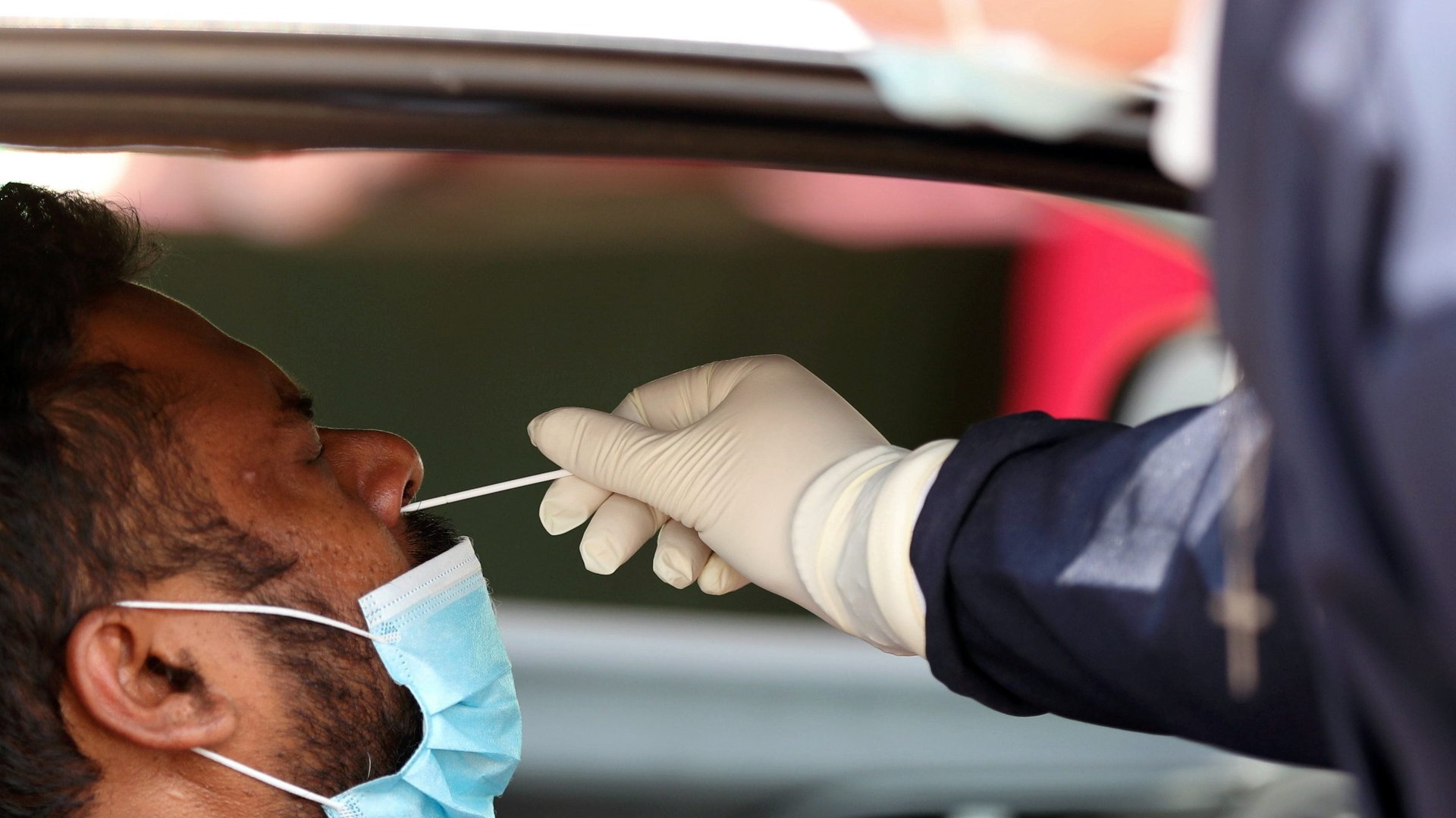More countries have banned travel from South Africa as its Covid-19 variant poses a vaccine challenge
The new Covid-19 variant discovered in South Africa and found to be more infectious is becoming a dominant variant in the country and has driven the numbers of Covid-19 cases and deaths to an all-time high leading to hospitals being overwhelmed.


The new Covid-19 variant discovered in South Africa and found to be more infectious is becoming a dominant variant in the country and has driven the numbers of Covid-19 cases and deaths to an all-time high leading to hospitals being overwhelmed.
While the South Africa government waits on the supply of vaccine to bring the pandemic under control, recent studies have confirmed that current vaccines are less efficient on the new variant.
The new South African variant being more infectious and problematic has spurred several governments, including the new Biden White House, to place or consider travel restrictions on travelers from South Africa. So far major countries including the Netherlands, UAE, UK, Denmark, Ireland, Israel, and Turkey have all issued restrictions.
The South African variant which is called the B.1.351, also known as 501Y.V2, has multiple mutations but the key mutation, called E484K or “escape mutation” makes it difficult for antibodies to attach themselves to the virus. This enables the virus to escape antibodies produced by the body’s immune system naturally or when it is stimulated with a vaccine.
Several studies have shown that there is a reduction in the efficiency of both Pfizer-BioNTech and Moderna vaccines on the South African variant with a six-fold reduction observed for Moderna vaccines. But Moderna says the efficiency “remains above levels that are expected to be protective.” Even then Moderna says it is now testing two different booster vaccines to help with the South African variant.
The pandemic has shown no sign of slowing down around the world and vaccine deployment globally has been slow. South Africa, with a population of about 59 million, is expecting 1 million doses of AstraZeneca vaccine from India’s Serum Institute at the end of January and another 500,000 in February when the country will be starting vaccination with the healthcare workers.
Despite making a more leading effort to control the virus compared to other countries on the continent, South Africa has been the hardest hit by Covid-19 with more than 1.4 million cases, 41,000 deaths, and more than 112,000 more deaths than would have been expected between May 6, 2020 and Jan. 16.
The numbers of new cases, hospitalizations, and deaths recorded in the second wave of infection have exceeded those of the first wave but the South African government cannot afford a hard lockdown again as it did during the first wave.
The lockdown has had a devastating effect on the economy and livelihoods driving unemployment to 30.8% in the third quarter of last year, the highest since 2008. Also for the first time in its history, South Africa took a loan from the International Monetary Fund (IMF). There is growing anger in the country and distrust for the government over the handling of the pandemic, the poor state of the economy, and the government connection to the Covid-19 personal protective equipment (PPE) procurement scandal.
Travel restrictions on South Africa will further cripple the transportation and tourism industry. The country serves as a gateway destination to other countries within the Southern Africa Development Community (SADC) with South African Airways operating long-haul flights to destinations including London, New York, Frankfurt, and the Far East.
These travel restrictions could lead to the countries’ tourism industry being starved of international visitors who account for most of the revenue in the industry and it could lose business to countries such as Kenya in East Africa.
Sign up to the Quartz Africa Weekly Brief here for news and analysis on African business, tech, and innovation in your inbox